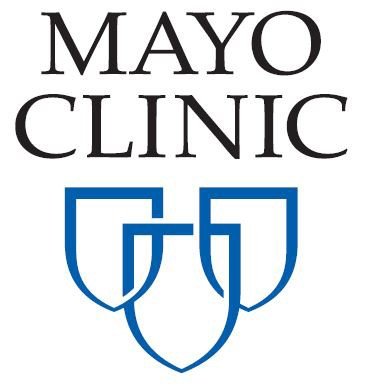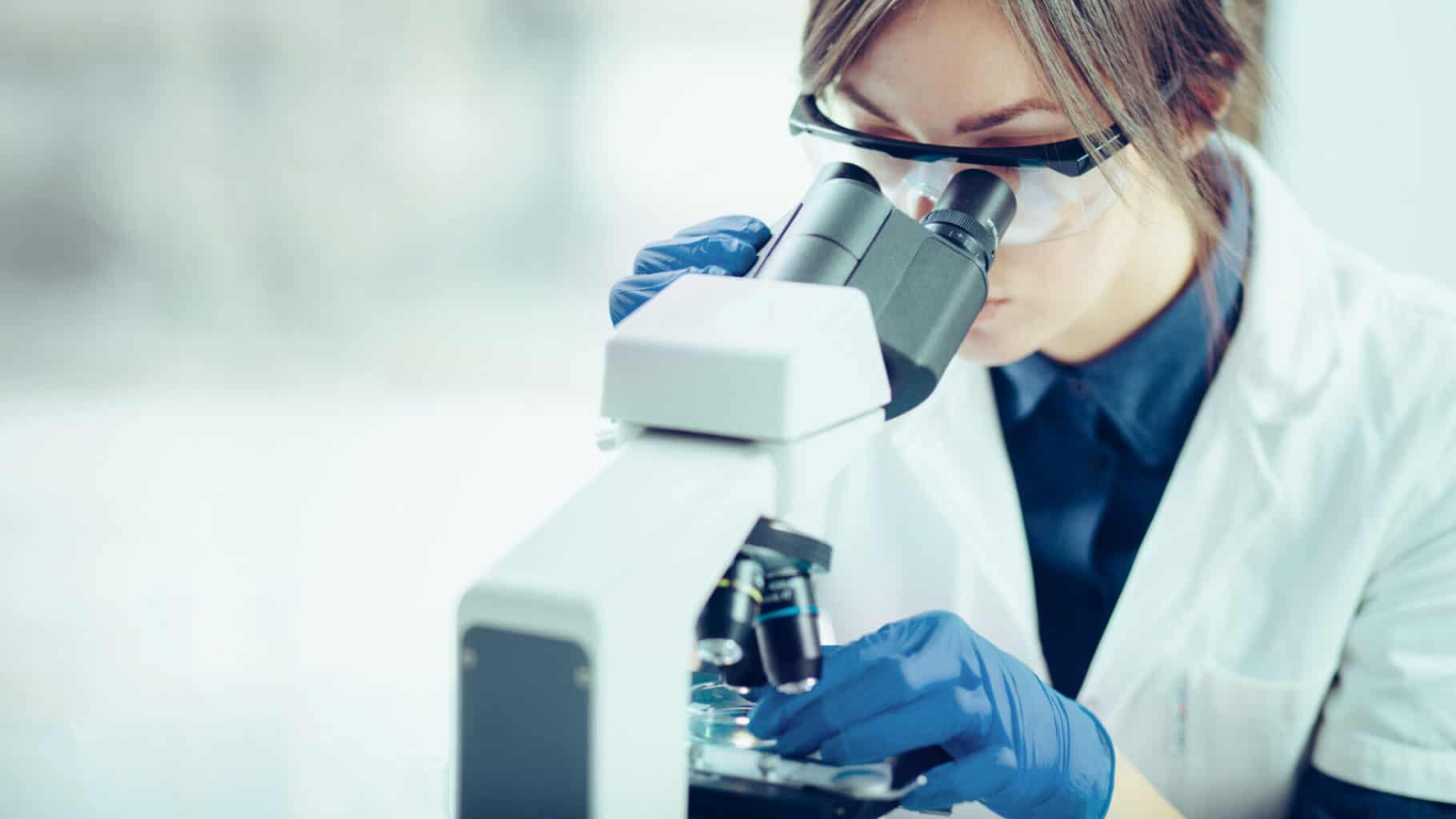
The Future of Health Research
Health Goes Beyond Genetics
Since the completion of the Human Genome Project in 2003, medical research has focused largely on understanding the genetic mutations that cause disease. As a result, there are now more sophisticated and effective medical treatments than ever, yet our ability to prevent illness and to enhance health has not kept pace.
Part of the reason is that research has revealed that genetics are only partly responsible for disease development—sometimes a very small part. For instance, only a small percentage of all breast cancers result from genetic mutations. Other factors such as smoking, weight, even where a person lives, and whether they work the night shift play important yet still undetermined roles.
Additionally, a person’s genetics are relatively fixed when they are born while other biomarkers change over time, making them better indicators of changing health status. Dynamic changes in lifestyle, housing, nutrition, and behavior lead to differential changes in a person’s proteome and microbiome that can help predict disease development.

In Support of COLS
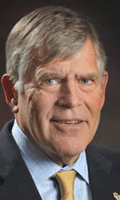
COLS will greatly enhance innovative health research, leading to better treatments, diagnostics, and therapies.
Donald M. Elliman, Jr.
Chancellor, University of Colorado Anschutz Medical Campus

Building this unique biobank will greatly advance our understanding of the mechanisms that underlie health trajectories.
Dr. Tony Frank
Chancellor, Colorado State University
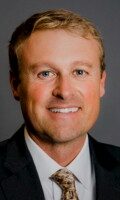
COLS will have a tremendous impact on the health of all of us, but particularly older people.
Jason Greer
CEO, Colorado Community Managed Care Network

I believe your biobank is critically important to the future advancement of health equity, and public, community and neighborhood health. Your attention, during all phases of your planning, to recruiting underrepresented and underserved racial and ethnic minorities and both rural and urban populations into your biobank is impressive.
Consuelo H. Wilkins, MD, MSCI
Vice President for Health Equity, Vanderbilt University Medical Center
Research of the Future
To truly understand health, we must be able to study all facets of a person’s life from biological to environmental to social and emotional. COLS will provide the information to help researchers understand the impact of complex and dynamic interactions between a person’s biology, social determinants of health, behaviors, lifestyle, and environment.
COLS is the first biobank that will attempt to track biological, personal health, and lifestyle data of of the same participants consistently for many years. This data will provide researchers with a holistic picture of a person, including biological samples matched with social determinants of health (SDOH) data. SDOH includes many factors such as housing, education, nutrition, stress, and social engagement.
This powerful combination of biological and sociological data will allow researchers investigate causes of common and rare diseases and biological markers that indicate disease long before symptoms occur.
Here are just a few examples that show how COLS biobank could be used to impact the most common diseases that contribute to unhealthy aging and early death in millions of Americans each year.
Heart disease, including coronary heart disease, congestive heart failure, congenital heart disease, and heart attacks, is the leading cause of death in the U.S. Lowering stress, total cholesterol, particularly low density lipoprotein (LDL), lowering high blood pressure, eating a healthy diet, and exercise all help to lower the incidence of heart disease. But, our understanding is only partial because we know that even doing all these things prevents heart disease in some people, but not others. Further research is critical if we are to prevent heart disease before it ever becomes symptomatic, when cures are most possible. The COLS biobank will allow researchers to access biological samples and accompanying health information prior to diagnosis or any symptoms and follow the same person for years in order to understand the differences between those who never suffer from heart disease and others who develop the disease. The keys to early detection are having a large cohort, a longitudinal design with “healthy” (pre-diagnosis) biological samples, and data on the social determinants of health.
More than 71,000 Coloradans over age 65 and more than 5 million Americans were living with Alzheimer’s Disease (AD) in 2018. The number of people who will be diagnosed with AD and the healthcare costs to Medicare and Medicaid are rising dramatically. The pathogenic process of AD probably begins when neurons in the brain start dying, many years before the first signs of episodic memory loss appear as mild cognitive impairment (MCI). The inability to detect preclinical MCI or AD is thought to be one of the main obstacles to developing new treatments.
If we could diagnose MCI and AD when neurons first begin to die, it could well be possible to arrest progression or even reverse cognitive decline. COLS will allow researchers to analyze the molecules in blood to determine if there are biomarkers – or biological changes — that occur early in the disease inside the body well before outward symptoms appear. This is the first step to developing diagnostics and therapies to stop this devastating disease before it robs people of their lives.
In Colorado with its 5.76 million residents, 400,000 people are diabetic, and over 1.3 million people are prediabetic. Type 2 diabetes is caused by a combination of lifestyle, environment, and genetic factors. People with type 2 diabetes all share common symptoms, but the symptoms of prediabetes vary. Some people remain prediabetic for longer than others; they suffer fewer symptoms, and respond to exercise and changes in diet. Thus, it appears that prediabetes is not a singular state and that it is heterogeneous. The explanations for differential rates of progression, the differential expressions of the disease, and the differential responsiveness to treatments are unclear. The COLS cohort will be large enough that many of the different subgroups of this heterogeneous population will be captured. Not only will COLS have biological samples, but it will also have community health data and environmental information. This combination will allow researchers to develop diagnostics and therapeutics that target each of the subgroups and develop personalized treatments.
It has become clear that good nutrition is central to good health. Poor eating habits are associated with obesity, type 2 diabetes, heart disease, sleep disorders, morbidity, and shorter lifespan. We also know that some of the detrimental effects of obesity can be reversed if diet and nutrition are improved. But what is less well understood is the biological and sociological basis for the profound differences between individuals in dietary responses, disease risk, and complex changes in the microbiome. The COLS biobank will allow researchers to understand the relationship between weight, nutrition, the gut microbiome, and health. It will be possible to understand whether differences in the microbiome are a determinant of obesity risk.
Proposed Research
COLS is currently working with researchers to obtain funding for studies that utilize COLS data. One of these studies is investigating the impact of social determinants of health (SDOH) on proteomic profiles. Protein profiles in blood are increasingly being used to understand aging, assess health status, and diagnose disease. Protein profiles provide one of the most accurate and actionable pieces of information for healthcare. However, an understanding of how an individual’s proteome is impacted over time by their demographic characteristics, lifestyle choices, and SDOH structural factors is missing. Combining COLS specimens and personal health and lifestyle data with the proteomics technology of SomaLogic, Dr. Kevin Morris will use this data to identify protein biomarkers of the longitudinal impacts of lifestyle and SDOH on health and aging trajectories.
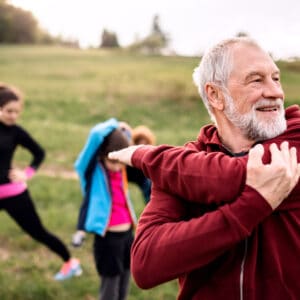
Our Collaborators
COLS is collaborating with these highly respected research institutions to establish all operations, including biospecimen collection and storage, community engagement and participant retention, data security and universality, research development, and more. Read more about COLS collaborators.



